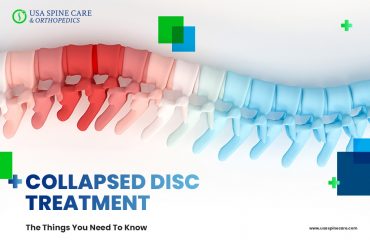

Determining the ideal candidates for biportal endoscopic spine surgery (BESS) is crucial for optimal outcomes. While BESS offers numerous advantages over traditional open surgery, it’s not suitable for every patient or spinal condition.
Factors Considered for Patient Selection
Several factors influence the decision to proceed with BESS:
- Condition Severity: BESS is generally well-suited for patients with mild to moderate spinal conditions, such as herniated discs or spinal stenosis. Severe cases may require open surgery.
- Patient Health: Overall health, including age, weight, and the presence of other medical conditions, is considered. Patients with certain underlying health issues might not be suitable candidates.
- Anatomical Factors: The specific anatomy of the spine, including the location and size of the spinal abnormality, plays a role in determining candidacy.
- Patient Expectations: It’s essential to align patient expectations with the potential outcomes of BESS. The procedure is not a cure-all, and patients should have realistic expectations about pain relief and recovery.
Benefits of Careful Patient Selection
Proper patient selection is essential for maximizing the benefits of BESS. By carefully evaluating each patient’s individual circumstances, surgeons can increase the likelihood of successful outcomes, reduce complications, and improve patient satisfaction.
Conclusion
Selecting appropriate candidates for BESS is a collaborative process involving the patient and the surgeon. By considering factors such as condition severity, patient health, and anatomical considerations, healthcare providers can make informed decisions about the best treatment plan.


